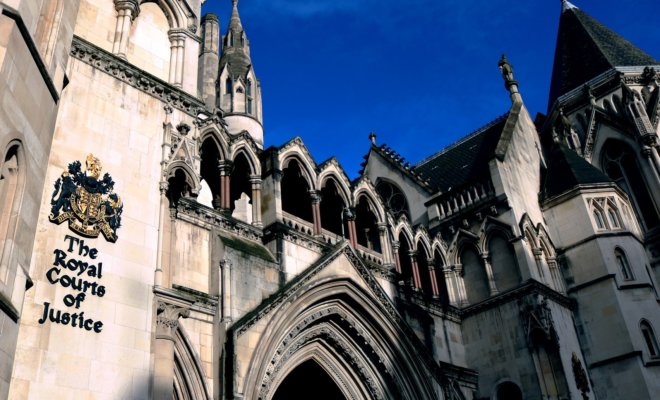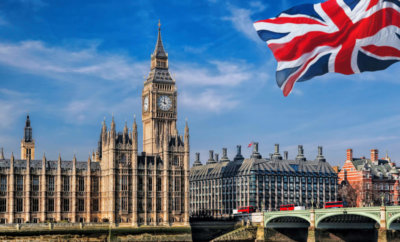Crime
UK Court Seeks Assurance Over Indian Jail Conditions in Cricket Bookie Case

The Royal Court of Justice, London
Photo: Creative Commons
The late submission of assurance from India led the Westminister Magistration Court to rule against allowing Sanjeev Chawla’s extradition last year.
The UK high court came down on India for providing its second sovereign assurance five weeks later than it should have in the Sanjeev Chawla extradition case, the Hindustan Times reported. The delay in second assurance from the Indian Ministry of Home Affairs resulted in it not being considered in the Westminster Magistrates Court’s Oct. 16 ruling that prevented the alleged cricket bookie’s extradition.
The Royal Court of Justice in London on May 4 said: “In our judgment the District Judge was entitled to say that the second assurance had come too late to be admitted at the final hearing…The second assurance was not provided on time.”
The Indian home ministry submitted the second assurance on Sept. 25, 2017, while its first assurance was submitted on Feb. 28, 2017, which the lower court called “general” before dismissing it. The first assurance was signed by ministry under secretary V Vishwananthan.
In a hearing, held on April 24, for India’s appeal against the court’s Oct. 16 ruling, Crown Prosecution Service’s Mark Summers, who represented India, apologized for the delay in submission of second assurance. Summers said that the delay was “not for want of cooperation” but due to a misunderstanding.
The court, while noting that the submission was only “five weeks late,” said in response: “It (the submission) was handed in on the day of the hearing in circumstances where the issue had been live for over a year…(There) was no good reason advanced for the failure to provide the second assurance on time.”
The court has asked the Indian ministry to submit another assurance within 42 days from May 4, addressing specific conditions which Chawla, accused by India in the 2000 cricket match-fixing scandal, would face in Tihar jail. This is to see that Chawla’s rights under Article 3 of the European Convention on Human Rights are not violated. “Such an assurance will need to: address the personal space available to Mr Chawla in Tihar prisons; the toilet facilities available to him; identify the ways in which Mr Chawla will be kept free from the risk of intra-prisoner violence in the High Security wards; and repeat the guarantee of medical treatment for Mr Chawla,” the court said, the Hindustan Times reported.
The court, which stayed India’s appeal against Oct. 16 ruling, also allowed both sides to apply to the court on wording of the assurance and timing of its production.
District Judge Rebecca Crane had last year, without taking the second assurance in consideration for the ruling, ruled that Chawla could not be extradited because of overcrowded conditions, endemic violence, and lack of medical facilities at Indian jails. Summers insisted that Judge Crane “fell into error” by relying on “sensational” news reports and “outdated figures” around conditions at Tihar jail, the Hindu reported.
However, defense barrister Helen Malcolm said during the appeals hearing that incidents 47 and 18 prisoners were allegedly beaten by the authorities at Tihar jail in September and November last year, respectively, and that two custody deaths were reported at the premises this year.




You must be logged in to post a comment Login